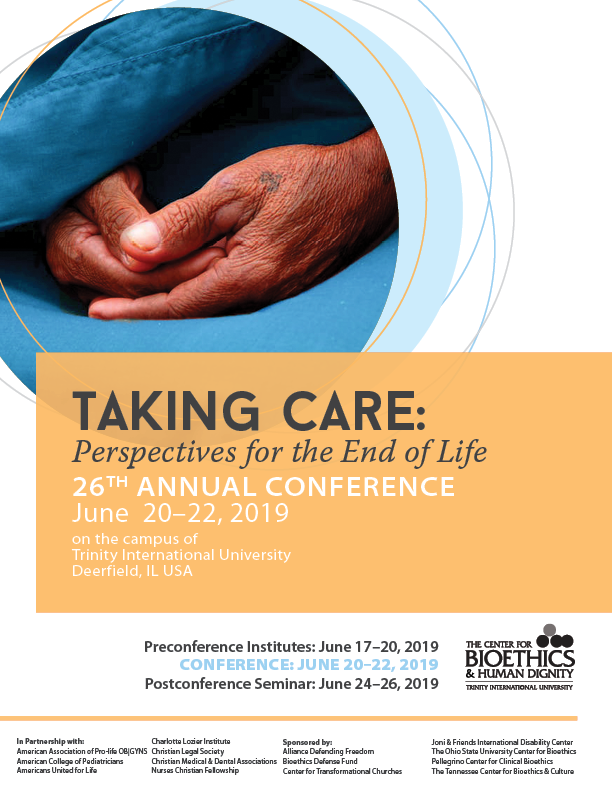
Jesus commands his disciples to “Take up your cross daily and follow me.” The writer of the Letter to the Colossians (which is authoritative for Christians regardless of debates over the letter’s authorship) states that his bodily suffering “completed Christ’s afflictions,” a passage Pope John Paul II made foundational for his theology of suffering. In my hospice chaplaincy work in the southeastern United States, Christian patients often refer to their illness as a “cross” and their experience of that illness as “carrying their cross.” I believe that this metaphor is not a faithful application of Scripture. Jesus was crucified because he preached a message of God’s salvation and forgiveness that offended the authorities of his day. It was Paul’s proclamation that brought about his suffering. However, most contemporary illnesses do not result from a patient’s decision to proclaim the gospel or any other reason related to their faith. Hence, I believe that a different metaphor is needed to think about faithful discipleship during illness. Roger Vanstone notes in his book The Stature of Waiting that during his passion Jesus allows himself to be “handed over” to the experience of suffering, trusting in God to deliver him. This paper argues that we follow Jesus to this “handing over” to suffering, which we are called to faithfully endure trusting in God, but we should not see illness as a “crucifixion.” By using the metaphor of being “handed over” by circumstances beyond our control, this paper seeks to find another image of suffering faithfully, other than “the cross” to use in pastoral ministry with those at the end of life.